Home> Bearing Technology> Sleeve Bearing: SKF vs. NTN Timken vs. Koyo Which Brand is Superior?
Introduction
Overview of Sleeve Bearings
Sleeve bearings, also known as plain bearings or bushings, are critical components in many mechanical systems. They provide a smooth surface for rotating shafts, reducing friction and wear. These bearings are integral to various applications, from industrial machinery to automotive engines, due to their simplicity, cost-effectiveness, and ability to operate under high loads and speeds.
Importance in Various Industries
Sleeve bearings are essential in numerous industries, including automotive, aerospace, manufacturing, and electronics. In the automotive sector, they support engine components and transmission systems, ensuring smooth operation and longevity. In manufacturing, sleeve bearings are used in machinery that requires reliable and continuous operation. The aerospace industry relies on these bearings for their ability to withstand extreme conditions, while the electronics industry uses them in devices where precision and low noise are crucial.
Key Characteristics and Functions
The primary function of a sleeve bearing is to reduce friction between a rotating shaft and its stationary support member. They are designed to handle radial and axial loads, providing a durable and efficient solution for various applications. Key characteristics of sleeve bearings include:
Low friction: They reduce energy loss and wear on the shaft and bearing surfaces.
Load capacity: They can support heavy loads, making them suitable for industrial and automotive applications.
Durability: Made from robust materials like bronze, brass, and composite materials, they offer high wear resistance.
Cost-effectiveness: Simple design and manufacturing processes make them an economical choice for many applications.
Objective of Comparing Brands
The objective of this handbook is to provide an in-depth comparison of four leading sleeve bearing brands: SKF, NTN, Timken, and Koyo. Each brand has a reputation for quality and innovation in the bearing industry, but differences in performance, durability, and cost can influence the best choice for specific applications.
|
Brand |
Description |
|
SKF |
Known for precision engineering and extensive range of bearings |
|
NTN |
Renowned for high-quality bearings and advanced technology |
|
Timken |
Synonymous with durability and high load capacity |
|
Koyo |
Offers a balance of performance and cost, with bearings suitable for various industries |
This table succinctly outlines the key characteristics of each brand, facilitating easy comparison for users seeking sleeve bearings.
In the following sections, we will delve into the specific features, advantages, and disadvantages of each brand, helping you make an informed decision when selecting sleeve bearings for your needs.
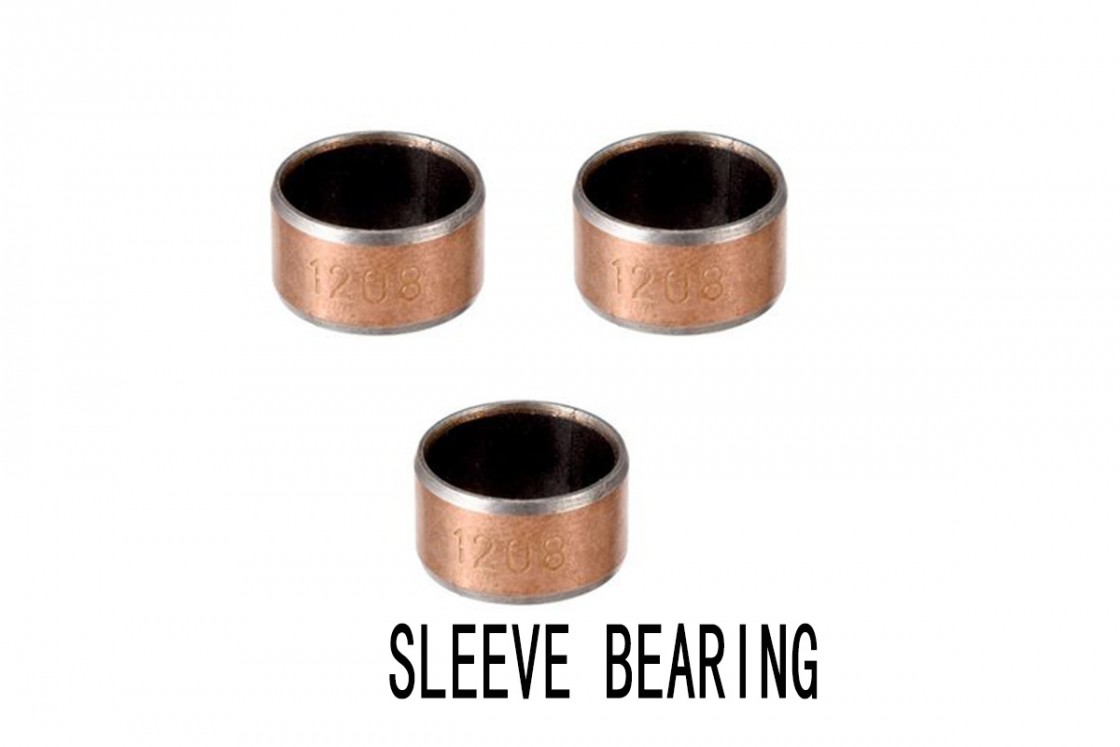
SKF vs. NTN
Common Materials Used
SKF and NTN are two leading manufacturers in the sleeve bearing industry, both known for their high-quality products and innovative solutions. The materials used by these brands play a crucial role in the performance and durability of their sleeve bearings.
SKF: SKF primarily uses a range of materials, including bronze, brass, stainless steel, and various composites. Bronze and brass are commonly used for their excellent wear resistance and load-carrying capacity. Stainless steel is selected for applications requiring corrosion resistance. SKF also employs advanced composite materials that offer high strength and low friction properties, suitable for demanding applications.
NTN: NTN also utilizes a variety of materials in their sleeve bearings, such as bronze, brass, stainless steel, and engineered plastics. Engineered plastics, such as PTFE (polytetrafluoroethylene) and PEEK (polyether ether ketone), are favored for their low friction, high wear resistance, and ability to operate without lubrication in some applications. These materials allow NTN bearings to perform well in diverse environments, including those with high temperatures and chemical exposure.
Advantages and Disadvantages
Both SKF and NTN offer unique advantages and some potential drawbacks, depending on the application requirements.
SKF Advantages
High Precision: SKF bearings are known for their precision engineering, which ensures consistent performance and longevity.
Wide Range of Materials: The use of various materials allows SKF to cater to a broad spectrum of applications, from industrial machinery to automotive components.
Advanced Technology: SKF incorporates advanced technologies, such as their proprietary composite materials, which enhance performance in specific applications.
SKF Disadvantages
Cost: The high precision and advanced materials used in SKF bearings can result in a higher cost compared to other brands.
Availability: In some regions, certain SKF products may not be as readily available, potentially leading to longer lead times for specific orders.
NTN Advantages
Versatile Material Options: NTN's use of engineered plastics and other advanced materials provides versatility in bearing applications, particularly in environments with high temperatures and exposure to chemicals.
Cost-Effective: NTN bearings are generally more cost-effective while still maintaining high quality and performance standards.
Availability: NTN products are widely available, ensuring quick access and minimal downtime for replacements and maintenance.
NTN Disadvantages
Precision Variability: While NTN bearings are of high quality, there can be slight variability in precision compared to SKF's offerings, which might affect performance in extremely precise applications.
Limited High-End Options: NTN's focus on cost-effectiveness sometimes means fewer options for highly specialized applications that require the absolute best materials and engineering.
Performance in Various Environments
The performance of sleeve bearings from SKF and NTN can vary significantly depending on the operating environment.
SKF Performance
|
Performance Area |
SKF |
|
Industrial Applications |
SKF bearings excel in industrial applications where high precision and durability are required. Their advanced composite materials and stainless steel options perform well under heavy loads and in corrosive environments. |
|
Automotive Sector |
In the automotive industry, SKF bearings provide reliable performance in engine components and transmission systems, where precision and longevity are critical |
|
Aerospace |
SKF's high-end materials and engineering make their bearings suitable for aerospace applications, where they must withstand extreme temperatures and stress |
NTN Performance
Chemical Processing: NTN's use of engineered plastics makes their bearings ideal for chemical processing environments where exposure to corrosive substances is common.
High Temperature: NTN bearings made from PEEK and other high-temperature plastics perform exceptionally well in applications where heat resistance is essential.
General Manufacturing: In general manufacturing, NTN bearings offer a balance of performance and cost, making them suitable for a wide range of machinery and equipment.
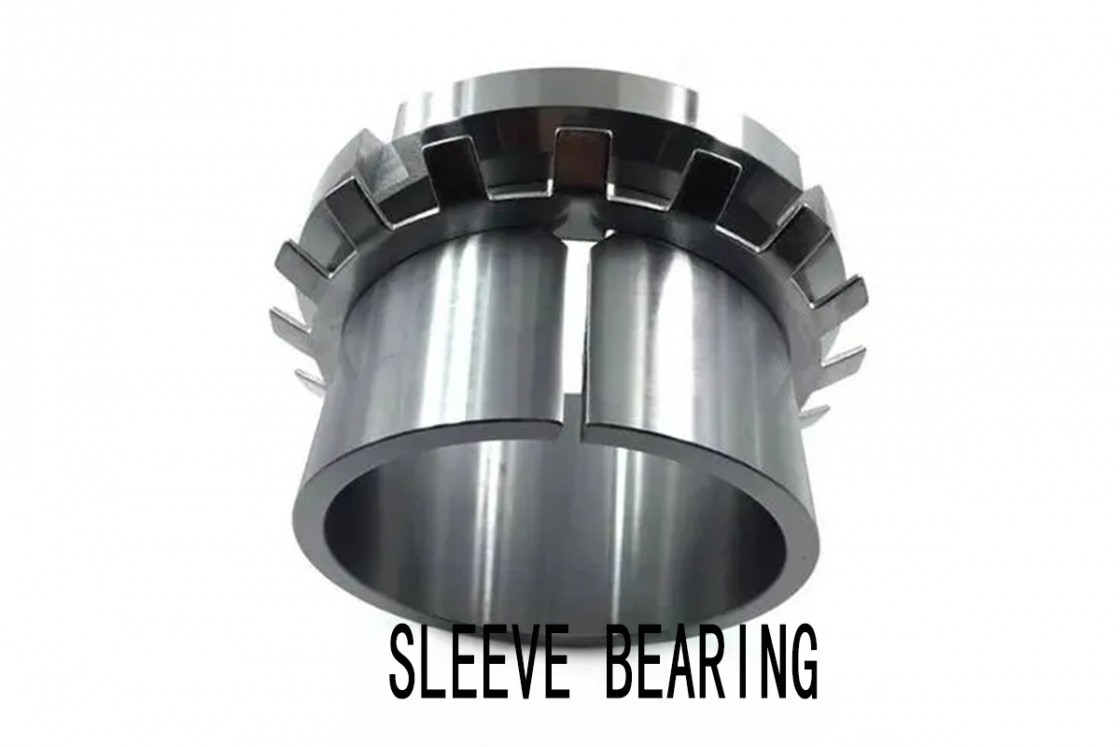
Timken vs. Koyo
Common Materials Used
Timken and Koyo are two prominent brands in the sleeve bearing market, each known for their innovation and quality. The materials they use are critical to their products' performance and durability.
Timken: Timken utilizes materials such as high-strength steel alloys, bronze, and advanced composites. High-strength steel alloys are used for their excellent load-carrying capabilities and resistance to wear. Bronze is chosen for its good frictional properties and durability. Timken also employs advanced composites that offer unique advantages in specific applications, such as reduced weight and enhanced wear resistance.
Koyo: Koyo's materials include steel, bronze, brass, and various engineered plastics. Steel is commonly used for its strength and reliability. Bronze and brass are selected for their excellent wear resistance and lubricity. Koyo also integrates engineered plastics, such as PTFE (polytetrafluoroethylene) and nylon, into their bearings to offer low friction and maintenance-free operation in certain applications.
Advantages and Disadvantages
Both Timken and Koyo offer distinct advantages and have some potential drawbacks based on the specific needs of the application.
Timken Advantages
High Load Capacity: Timken bearings are known for their high load-carrying capacity, making them ideal for heavy-duty applications.
Wear Resistance: The use of high-strength steel alloys and advanced composites ensures excellent wear resistance, prolonging the lifespan of the bearings.
Precision Engineering: Timken's precision engineering ensures tight tolerances and reliable performance.
Timken Disadvantages
Cost: The advanced materials and precision engineering can make Timken bearings more expensive than some competitors.
Availability: In some markets, certain Timken products might not be as readily available, leading to potential delays in procurement.
Koyo Advantages
Versatility: Koyo's wide range of materials allows their bearings to be used in diverse applications, from automotive to industrial machinery.
Cost-Effectiveness: Koyo bearings are generally more affordable, offering a good balance of performance and cost.
Global Availability: Koyo's extensive distribution network ensures that their products are readily available worldwide.
Koyo Disadvantages
Load Capacity Variability: While Koyo bearings perform well in many applications, their load capacity can vary more than Timken's, potentially limiting their use in very high-load scenarios.
Material Limitations: Some of Koyo's lower-cost materials may not perform as well in extreme conditions compared to Timken's high-strength alloys and composites.
Performance in Various Environments
The performance of sleeve bearings from Timken and Koyo varies based on the specific operating environment.
Timken Performance
Heavy Industry: Timken's high load capacity and wear resistance make their bearings ideal for heavy industrial applications, such as mining, construction, and manufacturing.
Aerospace: The precision and advanced materials used in Timken bearings make them suitable for aerospace applications, where reliability and performance are critical.
Automotive: Timken bearings are also used in high-performance automotive applications, providing durability and reliability in engines and transmissions.
Koyo Performance
Automotive: Koyo bearings are widely used in the automotive industry due to their versatility and cost-effectiveness. They are found in engines, transmissions, and various other components.
General Machinery: Koyo's range of materials allows their bearings to be used in general machinery, providing good performance in a variety of operating conditions.
Consumer Products: Koyo bearings are also used in consumer products, where their cost-effectiveness and reliable performance make them a preferred choice.
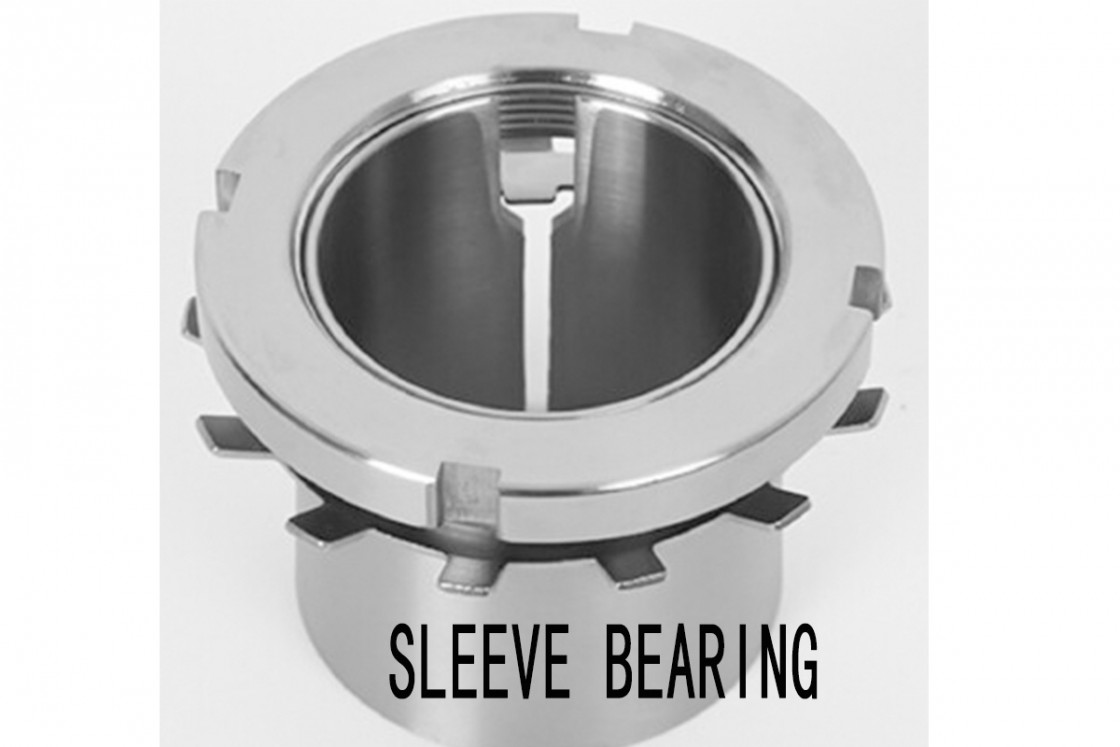
Conclusion
Summary of Comparisons
When comparing sleeve bearings from SKF, NTN, Timken, and Koyo, it's clear that each brand has its unique strengths and weaknesses. Understanding these attributes can help in selecting the most suitable bearing for specific needs and applications.
|
Brand |
Strengths |
Weaknesses |
|
SKF |
High-quality materials and advanced engineering Excellent durability, precision, and load capacity Global availability and support |
Higher cost compared to other brands Advanced technologies may not be necessary for all applications |
|
NTN |
Wide range of bearings with focus on reliability and cost-effectiveness Good performance across various industries |
Bearings may not match high-load capacities and precision of SKF or Timken Not ideal for very demanding applications |
|
Timken |
High load capacity, wear resistance, and precision Ideal for heavy-duty applications and demanding environments |
Higher cost due to advanced materials and precision engineering Not justifiable for less demanding applications |
|
Koyo |
Versatility and cost-effectiveness Suitable for a wide range of applications Global distribution for easy access |
May not offer the same level of load capacity and durability as SKF and Timken Better suited for cost and versatility-focused applications |
Recommendations Based on Specific Needs and Applications
High Load and Precision Requirements: For applications requiring high load capacity, precision, and durability, Timken and SKF are the preferred choices. Industries such as heavy machinery, aerospace, and high-performance automotive sectors will benefit from these brands' advanced engineering and material quality.
Cost-Effectiveness and Versatility: NTN and Koyo are ideal for applications where cost-effectiveness and versatility are crucial. These brands are well-suited for general machinery, consumer products, and standard automotive applications, providing reliable performance without excessive costs.
Specialized Applications: In scenarios requiring specific material properties or customized solutions, SKF and Timken offer more advanced options. Their range of high-strength alloys, composites, and precision-manufactured bearings can meet the demands of unique or extreme operating conditions.
Final Thoughts on Brand Superiority
Determining the superior brand among SKF, NTN, Timken, and Koyo depends largely on the specific requirements of the application. SKF and Timken stand out in terms of engineering excellence and performance in high-demand environments. NTN and Koyo, on the other hand, offer excellent value and versatility for a wide range of standard applications.
Ultimately, the choice of sleeve bearing should be guided by the specific operational needs, budget constraints, and performance requirements of the application. By carefully evaluating the strengths and weaknesses of each brand, users can make informed decisions that ensure optimal performance and cost-efficiency.
FAQs: Common Questions About Sleeve Bearings
What is a Sleeve Bearing?
A sleeve bearing, also known as a plain bearing or bushing, is a type of bearing that facilitates smooth rotational or sliding motion between two parts, typically a shaft and housing. It consists of a cylindrical sleeve made from materials such as bronze, brass, plastic, or composite materials, which reduces friction and wear between the moving components.
How Do Sleeve Bearings Work?
Sleeve bearings operate on the principle of sliding motion. The bearing material provides a low-friction interface between the moving parts, allowing for smooth and efficient operation. The bearing supports the shaft, distributing the load and reducing wear and tear on both the shaft and the housing. Proper lubrication is essential to minimize friction and prolong the life of the bearing.
What Are the Advantages of Using Sleeve Bearings?
Sleeve bearings offer several advantages:
Simple Design: They are straightforward in design, making them easy to manufacture and install.
Cost-Effective: Typically less expensive than rolling bearings, sleeve bearings provide a cost-effective solution for many applications.
Low Maintenance: With fewer moving parts, sleeve bearings require less maintenance and are less prone to failure.
Quiet Operation: Due to their sliding nature, sleeve bearings operate quietly, making them suitable for applications where noise reduction is important.
What Are the Common Applications of Sleeve Bearings?
Sleeve bearings are widely used in various industries due to their versatility and reliability. Common applications include:
Automotive: Engine components, transmission systems, and suspension parts.
Industrial Machinery: Pumps, compressors, and conveyor systems.
Aerospace: Aircraft landing gear, control surfaces, and auxiliary systems.
Electronics: Fans, motors, and other rotating devices in electronic equipment.
How Do I Choose the Right Sleeve Bearing for My Application?
Selecting the appropriate sleeve bearing involves considering several factors:
Load Capacity: Ensure the bearing can support the maximum load without excessive wear.
Material: Choose a material that offers the necessary strength, wear resistance, and compatibility with the operating environment.
Dimensions: The bearing's inner diameter, outer diameter, and length must match the shaft and housing dimensions.
Operating Conditions: Consider factors such as temperature, exposure to chemicals, and the presence of dust or contaminants.
What Are the Differences Between SKF, NTN, Timken, and Koyo Sleeve Bearings?
SKF, NTN, Timken, and Koyo are renowned manufacturers of sleeve bearings, each offering unique advantages:
SKF: Known for high-quality materials and advanced manufacturing processes, SKF bearings are reliable and durable.
NTN: Offers a wide range of bearing materials and designs, suitable for various applications and operating conditions.
Timken: Emphasizes innovation and performance, with bearings designed for demanding environments.
Koyo: Provides cost-effective solutions without compromising on quality, ideal for both standard and specialized applications.
How Do I Maintain Sleeve Bearings?
Proper maintenance of sleeve bearings is crucial for ensuring their longevity and performance:
Regular Inspection: Check for signs of wear, corrosion, and misalignment. Early detection of issues can prevent bearing failure.
Lubrication: Maintain proper lubrication to reduce friction and wear. Follow the manufacturer’s recommendations for lubrication intervals and types of lubricants.
Replacement: Replace worn bearings promptly to avoid damage to other components and prevent costly downtime.
By understanding the basics of sleeve bearings, their applications, and how to choose and maintain them, you can make informed decisions for your machinery and equipment. Whether you prefer SKF, NTN, Timken, or Koyo, each brand offers reliable and high-performance solutions tailored to your specific needs.
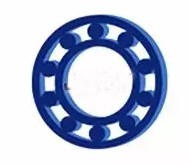

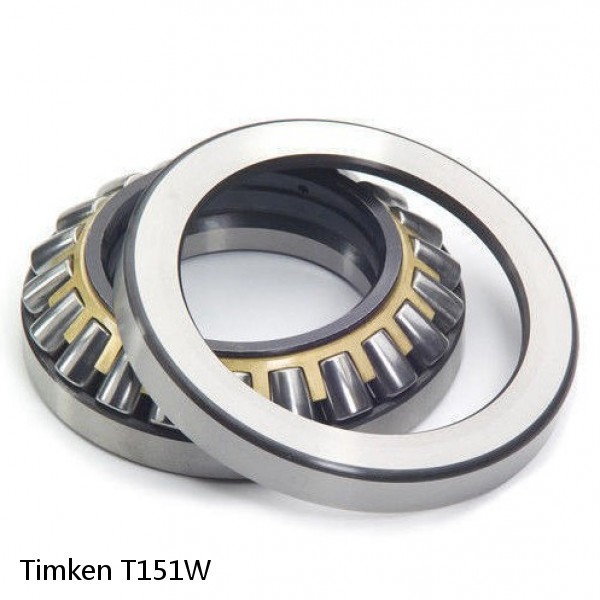 T151W Timken Thrust Roller Bearings
T151W Timken Thrust Roller Bearings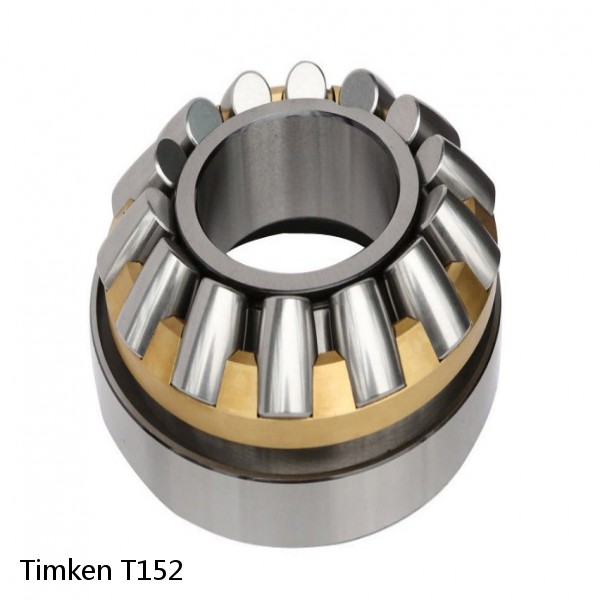 T152 Timken Thrust Roller Bearings
T152 Timken Thrust Roller Bearings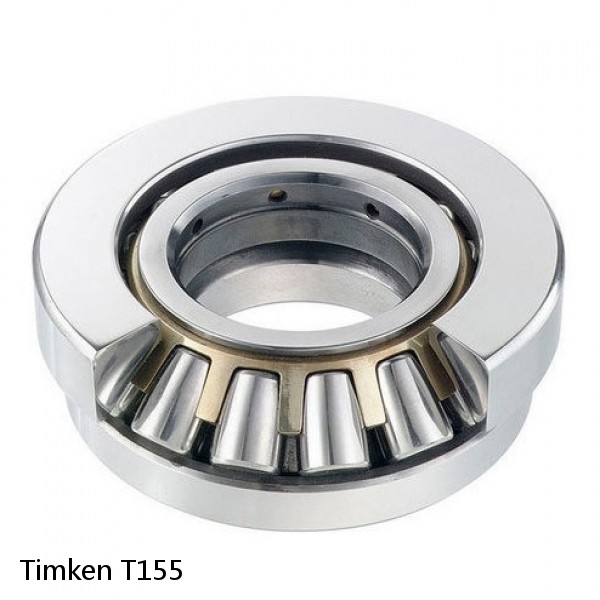 T155 Timken Thrust Roller Bearings
T155 Timken Thrust Roller Bearings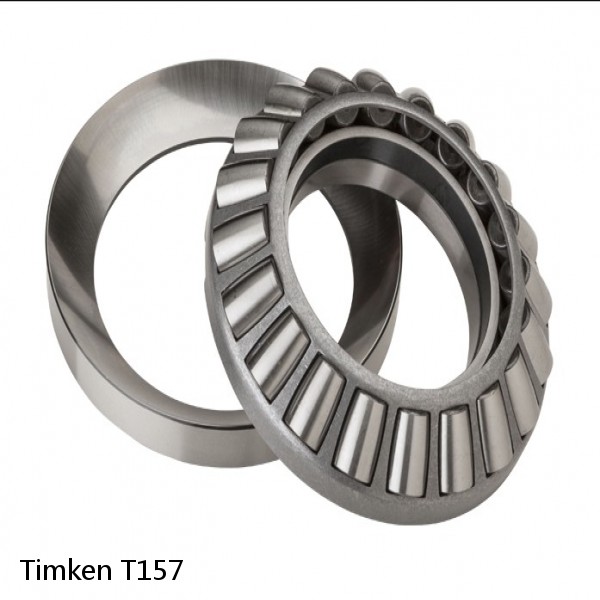 T157 Timken Thrust Roller Bearings
T157 Timken Thrust Roller Bearings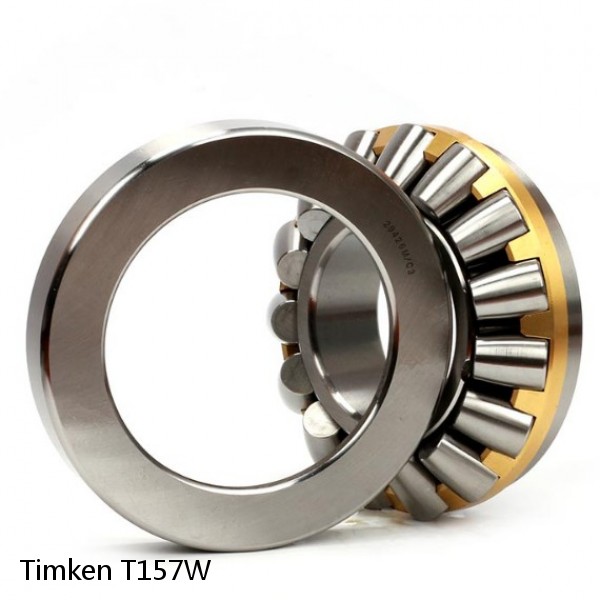 T157W Timken Thrust Roller Bearings
T157W Timken Thrust Roller Bearings